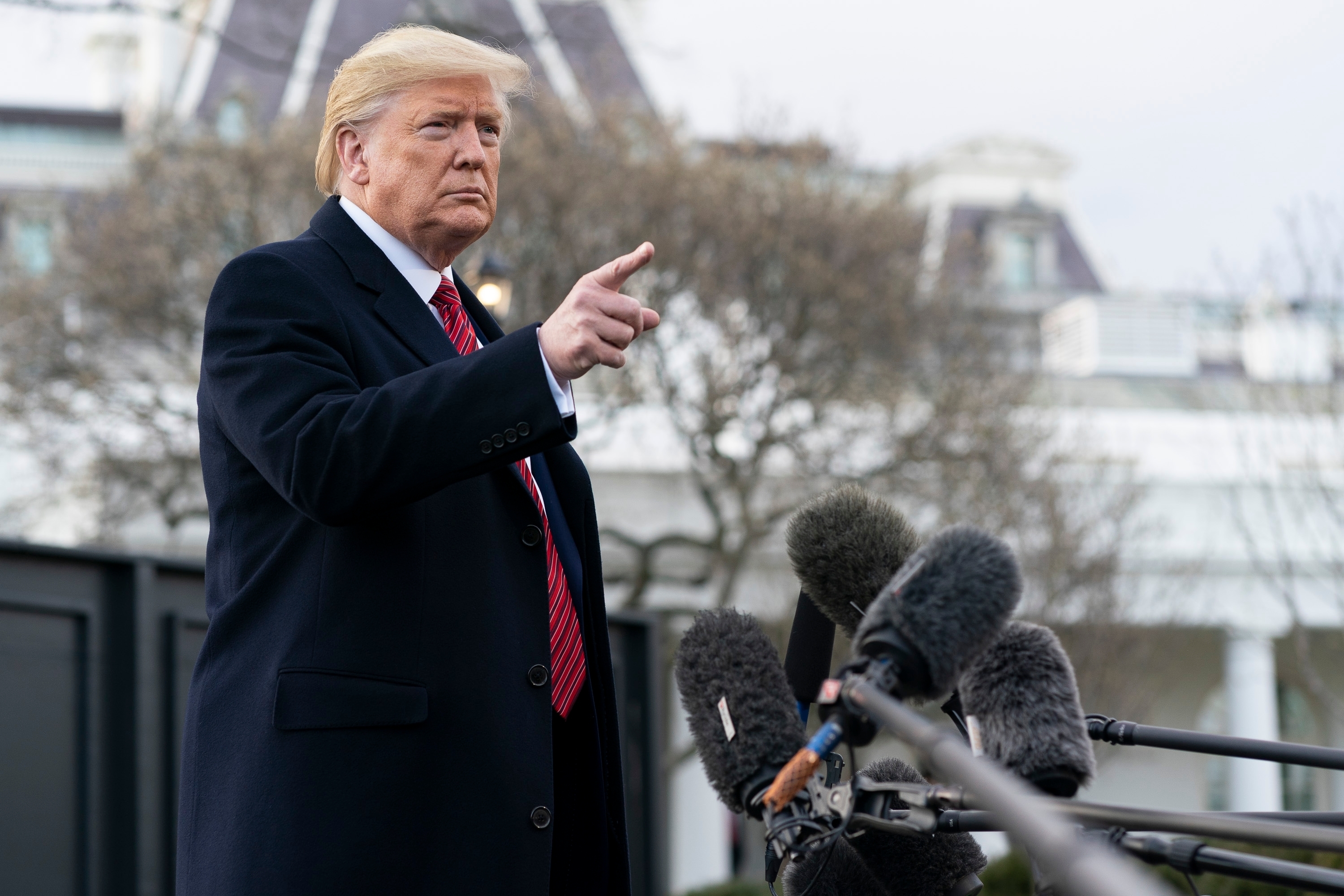Trump’s Oval Office Ambush: Shocking Videos Stun South African Leader
In a tense Oval Office meeting, President Donald Trump confronted South African President Cyril Ramaphosa with videos and articles alleging violence against white Afrikaner farmers, escalating diplomatic tensions. Ramaphosa rejected claims of a "genocide," emphasizing that crime affects all South Africans, while the encounter highlighted broader strains in U.S.-South Africa relations.

In a dramatic and contentious Oval Office meeting today (Wednesday), U.S. President Donald Trump confronted South African President Cyril Ramaphosa with videos and documents he claimed depicted violence against white Afrikaner farmers, escalating tensions in a summit intended to reset U.S.-South Africa relations.
The meeting, initially cordial with warm remarks about golf and shared economic goals, took a sharp turn when Trump ordered the lights dimmed to play videos on a large screen.
The footage, which Trump presented as evidence of systemic violence, included clips of South African opposition leaders, notably from the Economic Freedom Fighters (EFF) party, singing the controversial anti-apartheid song “Kill the Boer” and allegedly calling for attacks on white farmers.
Trump also showcased aerial images of white crosses along a highway, which he claimed marked the graves of murdered farmers, and brandished printed news articles, flipping through them while repeating, “Death, death.”
Ramaphosa, flanked by South African golf legends Ernie Els and Retief Goosen, appeared visibly uncomfortable, responding that he had never seen the images of the crosses before and would investigate their origin. “I’d like to know where that is, because this I’ve never seen,” he said.
He condemned the violent rhetoric in the videos, emphasizing that such calls, particularly from fringe figures like EFF leader Julius Malema, were “not government policy” and that his African National Congress (ANC) coalition actively opposes such sentiments. However, when pressed by Trump on why those responsible for inflammatory speech were not arrested, Ramaphosa reiterated his government’s stance against violence but did not commit to specific actions.
Trump’s focus on the issue, proved by his recent decision to offer asylum to 59 white South Africans and cut U.S. aid to South Africa, has drawn sharp criticism from experts and South African officials. South Africa’s government and analysts, including Agriculture Minister John Steenhuisen, reject claims of racially motivated “genocide,” noting that while violent farm attacks occur, they affect farmers of all races in a country with a high overall crime rate, and the majority of murder victims are Black.
Ramaphosa emphasized this point during the meeting, only to be interrupted by Trump, who insisted, “The farmers are not Black.”
The confrontation, described by observers as an ambush reminiscent of Trump’s February 2025 meeting with Ukraine’s Volodymyr Zelensky, unfolded before a press gaggle, with Trump accusing the “fake news” media of ignoring the alleged killings. He pointed to articles claiming white South Africans were “fleeing because of violence and racist laws,” a narrative South Africa has repeatedly debunked.
The White House later posted the videos on X, labeling them “proof of persecution,” further inflaming the debate.
Despite the tension, Ramaphosa maintained that the three-hour meeting went “very well,” aiming to steer the conversation toward trade and critical minerals.
South African political analyst Anthoni van Nieuwkerk called the visit a “high-risk strategy,” given Trump’s hardline stance and the presence of influential figures like billionaire Johann Rupert and golfer Retief Goosen, who acknowledged farm security concerns but rejected the genocide narrative.
The meeting points to bigger strains between the countries, including South Africa’s charges against Israel at the International Court of Justice and Trump’s scrutiny of Ramaphosa’s past ties to Iran’s MTN Group.
As voices on X praised Trump for “bringing receipts” while others decried the claims as inflammatory, the encounter left U.S.-South Africa relations on even shakier ground, with little clarity on next steps.